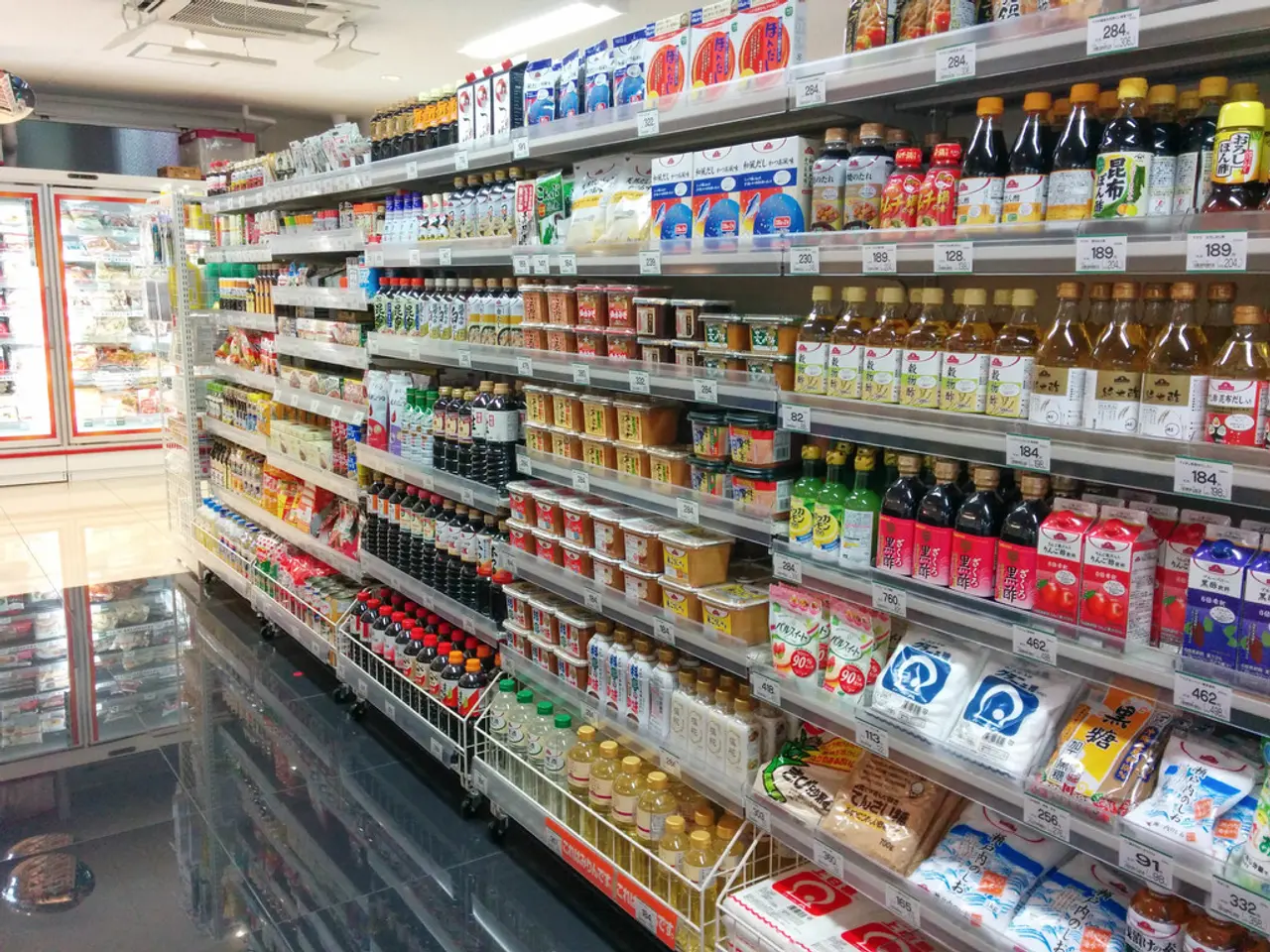Retail sector encounters a transformative period in 2021 due to the intersection of health, social, and economic crises
As we usher in the new year, the question on everyone's lips is when we can return to a new normal, especially for retailers who have had to drastically pivot to compete or survive. The pandemic has forced a swift evolution in the retail industry, with e-commerce and omnichannel retailing flourishing during the summer.
The future of retail seems to be in the hands of agile thinkers and newly reskilled employees. In response to ongoing health, social, and economic challenges, retailers have implemented several key strategies in 2021.
Re-engineering business models has been a priority, with retailers integrating advanced technologies such as machine learning, artificial intelligence (AI), and contactless payment systems to offer personalized, frictionless, and seamless customer experiences both online and in physical stores.
Enhancing supply chain resilience has also been crucial. Retailers have turned to automation, improved inventory distribution, and demand forecasting to better respond to shifts in consumer buying habits accelerated by the pandemic.
Adopting multichannel retailing has become essential, enabling retailers to sell through multiple online and offline platforms. Retailers are also incorporating technologies like augmented reality (AR) to enhance product interaction and personalization.
Physical stores are being transformed to serve new purposes focused on experience and convenience rather than just transactional shopping, keeping them relevant amid changing customer preferences.
Sustainability has taken centre stage, with retailers adopting eco-friendly practices in response to consumer demand and aligning with broader social responsibility trends.
Data-centric approaches have become the backbone of retail operations, helping retailers to better track rapidly changing consumer behaviors and optimize marketing, inventory, and operational decisions.
These strategies reflect a broader shift toward technology-driven, customer-centered, and flexible retail operations that can better withstand disruptions and evolving market demands. Retailers are prioritizing innovation, integration of digital tools, and supply chain agility to future-proof their businesses.
The economy, however, is facing challenges with unpredictable starts and stops due to the pandemic. Foot traffic in brick-and-mortar stores is lower due to mandated social distancing rules and more limited occupancies. Many businesses had to prioritize cost reduction activities when their revenue streams stopped.
The pandemic started spreading from Asia to Europe by January 2020, and by mid-February it was permeating the continent and starting to make its way across the Atlantic. By mid-March 2020, shutdowns, business closures, limited transportation options, and enforced curfews occurred due to the pandemic. Thousands of stores have closed, and iconic companies have filed for bankruptcy as a result.
The second quarter of 2020 was focused on cost control and understanding the potential magnitude of the pandemic's impact. The fourth quarter of 2020 saw a resurgence of the virus, causing restaurants to reclose their indoor dining or shutter all in-house dining altogether in some areas.
Recovery from the pandemic has been a fit of starts and stops, with progress manifesting differently across regions and industries. Activities moved outdoors in the summer due to the nice weather, and some stores and restaurants reopened during the summer.
Retailers should view the pandemic-induced changes as an opportunity to merge social, health, and economic solutions for future success. Matt Katz, a managing partner at SSA & Company, a global firm advising companies and their C-suites on strategic execution, emphasizes the importance of this approach. The use of technology increased among the elderly population due to the pandemic, signalling a potential long-term shift in consumer behaviour.
The pandemic is a health crisis that has caused economic turmoil and driven rapid social change. Retailers must continue to adapt and innovate to navigate these challenges and thrive in the new normal.
- The retail industry's future could lie in the hands of individuals adept at agile thinking and employees who have been reskilled, as a response to ongoing health, social, and economic challenges.
- To offer personalized and seamless customer experiences, retailers are integrating advanced technologies such as machine learning, artificial intelligence (AI), and contactless payment systems.
- The adoption of multichannel retailing and technologies like augmented reality (AR) has become essential, enabling retailers to sell through various online and offline platforms.
- In an attempt to better respond to shifts in consumer buying habits accelerated by the pandemic, retailers have turned to automation, improved inventory distribution, and demand forecasting.
- As the pandemic has caused economic turmoil, reducing costs has become a priority for many businesses, and physical stores are being reimagined to serve experiences and convenience rather than transactional shopping.








